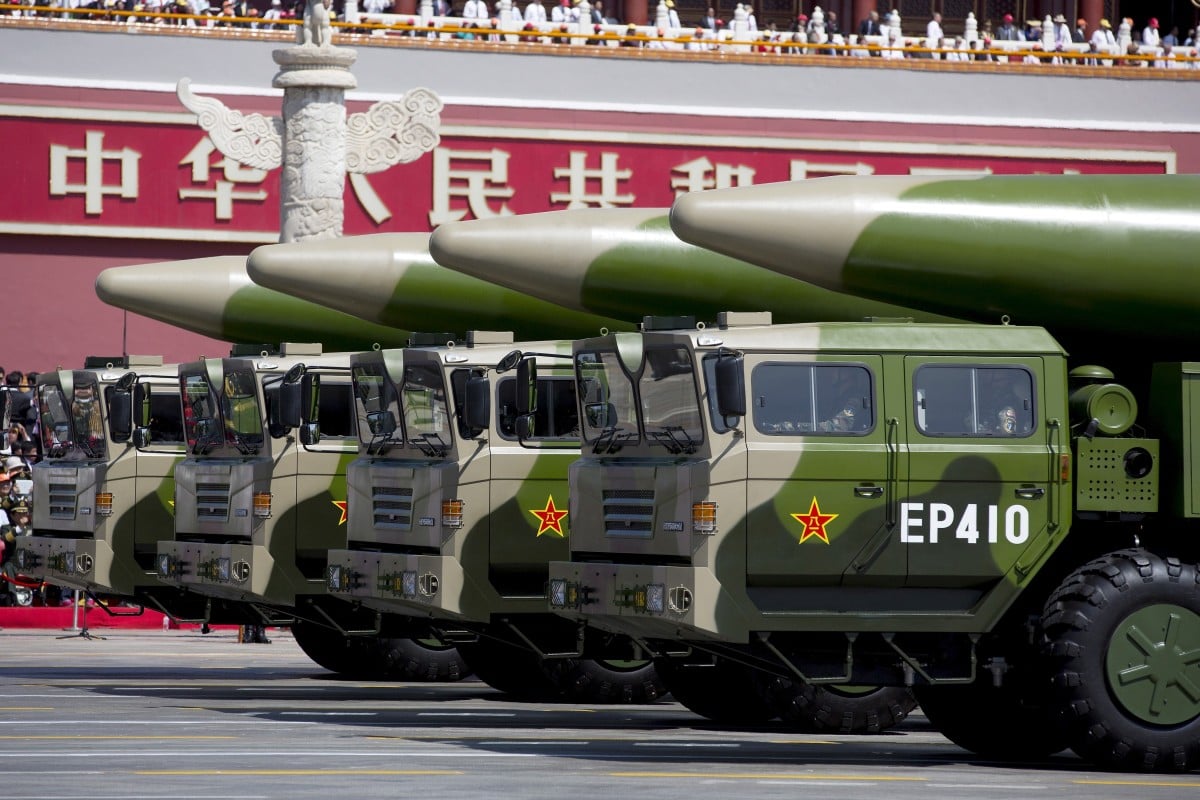JITEN JAIN AND DR SAROJ RATH
 There has been a surreal yet surprising silence on the part of Indian strategic circle, political parties, press, academia and intelligentsia, in that order, about the working, motives, capacity and efficacy of Pakistan Army’s propaganda arm — Inter-Services Public Relations (ISPR). Sporadic op-ed articles produced by some of the seasoned serving and retired officials on this subject recently defied depth and constructed on borrowed surface-level ideas.
There has been a surreal yet surprising silence on the part of Indian strategic circle, political parties, press, academia and intelligentsia, in that order, about the working, motives, capacity and efficacy of Pakistan Army’s propaganda arm — Inter-Services Public Relations (ISPR). Sporadic op-ed articles produced by some of the seasoned serving and retired officials on this subject recently defied depth and constructed on borrowed surface-level ideas.
Peculiarly, ISPR’s complex Information Warfare operations, in the past two decades, can be unearthed by open-source intelligence (OSINT) and in-depth analysis of Information Warfare campaigns orchestrated and fuelled by ISPR.
With the aid of a sheaf of documents, scores of photographs and a sizeable number of propaganda materials tumbling into view in the past few years along with our OSINT findings, the extent of ISPR’s propaganda machinery is laid bare.
With the onset of an internet revolution in the 2000s, Pakistan’s army waged Information Warfare on parity with its giant arch-rival, India, and also with other formidable powers.

















